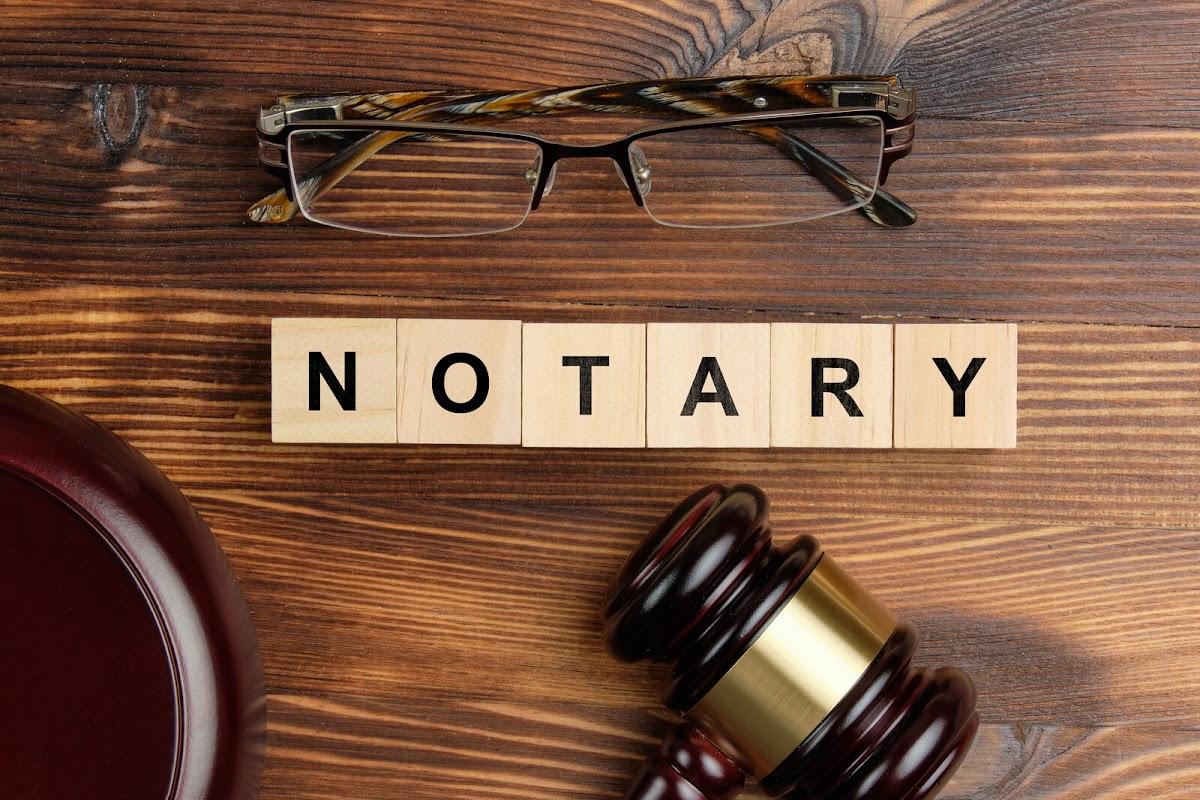
Latest News
Key Considerations in Estate Planning for Young Families
With the busy lives of a young family, planning for a scenario that might never happen may be at the bottom of the to-do list, but no one knows what odds they are up against.

A small number of participants whose plan has been terminated for 2025 will not be automatically assigned to a new plan.

Medicare covers up to 100 days at a skilled nursing facility. Learn more about what qualifies for coverage and what doesn't.

National Healthcare Decisions Day (April 16) is a day dedicated to educating and engaging people in conversations about advance directives.

In an era where convenience and safety are paramount, New York State has taken a significant step forward by allowing the remote witnessing of health care proxies. This change is particularly beneficial for individuals who, for medical reasons, cannot safely execute a health care proxy in the presence of two witnesses.

Question: I had an irrevocable trust drawn up for me years ago. What are its benefits, and do I need to update it?

The COVID-19 pandemic has devastated families across the United States, leaving countless people grappling with loss, grief, and unanswered questions. If you’re one of the many people who have lost a loved one to COVID-19, you may be wondering if there is any recourse you can take against the nursing home where your loved one lived.

New York State has recently passed new legislation – NY Executive Law Section 135-c, bringing significant changes to the rules governing notarization.

Medicare never covers the full cost of a skilled nursing facility. Medicare does not always provide 100 days of rehabilitation, it will pay “up to” 100 days.

Britt Burner, Esq. discusses the importance of Estate Planning documents, the process of probate, and common misconceptions in elder law.

If you have been named as a trustee of someone’s trust, you may be wondering what you are supposed to do. It is important that the trustee understand their duties and responsibilities. The most important thing to remember as trustee is that the trust assets are not your assets.





